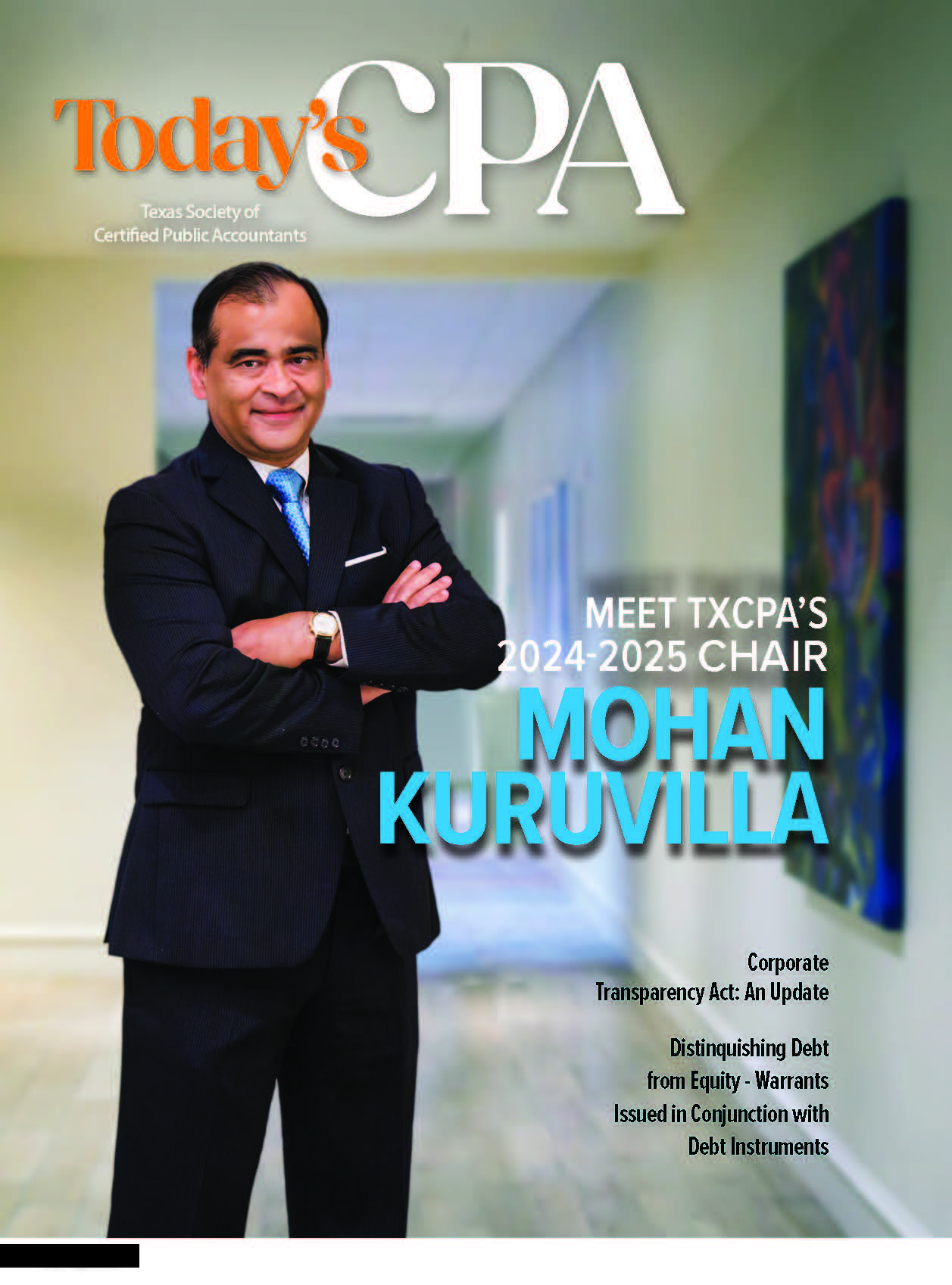July 01, 2024
Will Others Follow BDO’s Lead to Attract and Retain Staff?
By Don Carpenter, MSAcc/CPA
The shrinking number of new entrants into the accounting profession and the number of those leaving the profession in the post-pandemic years has been widely reported by the business press. In addition to the perception that the degree and certification make for difficult qualification, the starting compensation for entry level accountants has failed to keep up with competing majors such as finance.
In this environment, BDO USA announced last year that it had implemented an Employee Stock Ownership Plan (ESOP) to distribute the ownership of the firm across its employee base. This is a distinct break from the traditional partnership models that have governed the accounting profession for years.
Prior to BDO’s departure from the standard, accountants faced a demanding career path, aiming for a partner position that only one in 50 achieve, causing many to leave public accounting early. The partnership structure also presents tax complications, as partners are taxed at higher personal rates compared to the 20% corporate rate and state tax returns must be filed for each partner’s profit allocation in every state the firm operates. This model can lead partners to prioritize short-term profits over long-term growth.
BDO has shifted away from this model, placing ownership in the hands of its 10,000 employees. This is not entirely unprecedented. Redpath and Company used a Subchapter S structure for a similar change 20 years ago, followed by other small firms. However, BDO’s decision is notable as it is the 6th largest accounting firm in the United States.
To implement the ESOP, BDO converted from a limited liability partnership to a professional corporation (PC), a structure reserved for licensed professionals like accountants, attorneys and engineers. In a PC, ownership is in shares and individuals are liable for their own negligence but not of other owners.
BDO’s ownership shifted to shareholders and a $1.3 billion debt was arranged to create an ESOP trust managed by a third-party trustee. This debt funded the purchase of shares from former partners, which were then allocated to employees based on their salaries. BDO can deduct these contributions and the interest on the debt for tax purposes.
Details of BDO’s ESOP are not fully disclosed, but typically participants vest in shares similarly to a 401(k) plan. Vesting can occur either on a three-year cliff basis or a five-year graded schedule. Payouts, generally in cash, are triggered by retirement, death or disability, based on the shares’ fair market value.
Shares repurchased from employees’ accounts can be reused for future awards, with payouts as lump sums or equal payments over up to five years. Extended payout periods apply to balances above IRS-set amounts.

Since “partners” will remain the more highly compensated employees in the new BDO model, they’ll receive the largest ESOP allocations, but now non-partner employees also have a stake in the business’s success. If BDO prospers, ESOP participants’ accounts increase in value, aligning interests across all staff levels.
The ESOP motivates employees to stay with BDO, rewarding longevity with annual share allocations and allowing employees to benefit from the firm’s long-term success. Only time will tell if other large and mid-market firms consider the ESOP structure, but at a minimum, one can assume they will be monitoring the impact it has on BDO’s success.
About the Author: Don Carpenter, MSAcc/CPA, is clinical professor of accounting at Baylor University. Contact him at Don_Carpenter@baylor.edu.
Thanks to the Sponsors of Today's CPA Magazine
This content was made possible by the sponsors of this issue of Today's CPA Magazine:






















